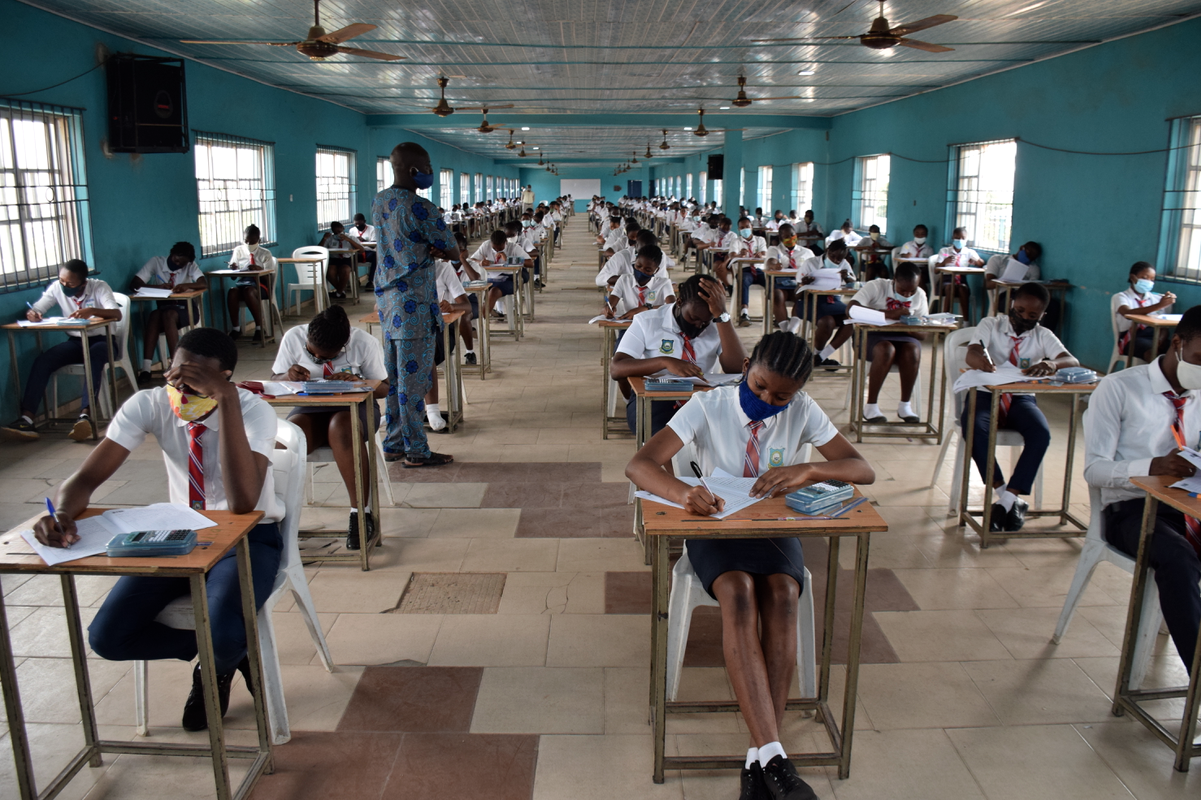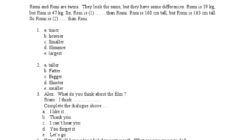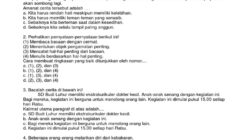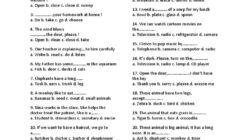Many Nigerians, particularly parents and guardians, are upset with the West African Examinations Council (WAEC) due to the initial poor results of the 2025 Senior Secondary School Certificate Examination (SSCE) that it recently published. Several people are attributing the low performance to some questionable decisions made by the examination body during the test period. For example, some students reportedly took their exams under extremely challenging conditions, with many writing papers that were scheduled for the morning or afternoon at night, using flashlights or candles for light because there was no electricity. As stated by the chairman of the Lagos State branch of the Nigeria Union of Teachers (NUT), Comrade Akintoye Hassan: “Let us first consider the conditions under which some candidates sat for certain papers, especially the English Language paper. The Council claimed it found out that the paper had been leaked, yet instead of canceling it, it proceeded to have students take it at unusual times. Students who had prepared to write the paper in the morning were delayed until the evening or even the night in some cases.” Indeed, WAEC had the option to cancel the leaked paper and reschedule it for a later date, but it did not, and now it is discussing reviewing the results due to supposed technical issues in its operations.
The evaluation of the results by WAEC, which appeared to occur after they identified technical problems, has increased the failure rate from 38.32 percent to 62.96 percent. Despite this, many people felt the review was a last-minute effort designed to improve students’ grades in order to make up for the initially poor results that were believed to have been due to the examination body’s shortcomings. In this way, it has cast a shadow of suspicion over the credibility of the improved outcomes. It is crucial to emphasize that such an action serves no beneficial purpose other than to reduce the quality of education in the country. Students reportedly took the exam in the dark, a situation that could have easily been avoided with better preparation and sound decision-making. What kind of outcomes did WAEC anticipate after putting candidates through such challenging conditions?
Why should young individuals be in school taking an exam late into the night? Once again, during exam periods, students are expected to remain calm, focused, and prepared for a mentally challenging task. However, this was not the situation during the exam in question. Students were instead exposed to conditions that did not encourage intellectual engagement. Therefore, the initial poor results were not entirely surprising. Nevertheless, attributing all the blame to WAEC would be like burying one’s head in the sand, as poor performance has historically been an issue. The current confusion and ongoing problems with student performance in the SSCE seem to be sparking discussions about a core issue: whether the criteria used to assess good or poor performance in the SSCE are appropriate. For example, according to the earlier results from WAEC, out of 1,969,313 candidates who took the exam, only 754,545, which is 38.32 percent, achieved credits and above in at least five subjects, including English Language and Mathematics. However, a more detailed analysis of the results reveals that approximately 87 percent of candidates actually scored a minimum of five credits, either with or without English Language and/or Mathematics. This number is still higher than the updated statistic of 62.96 percent, which WAEC reported as the percentage of students who obtained at least five credits, including English Language and Mathematics, after reviewing and correcting what it called inconsistencies in the previous results.
Tolong support kita ya,
Cukup klik ini aja: https://indonesiacrowd.com/support-bonus/
The key issue is whether these two subjects are being incorrectly used in assessing the success or otherwise of the outcomes of the SSCE. It is certain that the English language plays a vital role, as it is the official language in this region, and mathematics is also essential for critical thinking. However, should a student with an interest in art take the same mathematics exam as a science-focused student who aims to become an engineer? Or should a science student planning to study, for example, microbiology, take the same English exam as an art student intending to study law? In other words, although it is not proposed that these two subjects be downgraded, their content can be adjusted and adapted to meet the specific requirements of students without necessarily teaching the detailed aspects of the subjects to those who do not have an obvious need for them due to their future career choices.
It is important to emphasize that, indeed, errors by WAEC may have contributed to the poor SSCE results announced in 2025, which were later significantly improved following a questionable review. However, this should not overshadow the crucial role of parents in actively participating in their children’s education and the necessity for comprehensive official planning and effective execution of educational policies. For example, many public schools are in poor condition and lack electricity, which is why students ended up taking exams in the dark in the first place. Moreover, most public schools do not have computers, yet the Federal Government claims that WAEC exams will be fully computer-based (CBT) by 2026. This commendable government initiative, however, lacks the necessary infrastructure and could lead to disappointment and national embarrassment if federal and state governments fail to prepare public schools adequately.
The situations that unfolded with the 2025 SSCE outcomes have placed WAEC in a very difficult position across all areas: the unnecessary exposure of students to exams under extremely challenging circumstances has greatly damaged the reputation of the examination body. Moreover, details regarding the reported issues that led to the distribution of substandard results would not have become public if the results had been thoroughly checked and the identified errors corrected prior to their release. Additionally, the general belief that the review of these poor results, resulting in improved grades for students, was arbitrary and served as a cover-up to improve the low scores, significantly undermines the credibility and integrity of the examining authority. For WAEC, this is a no-win scenario.
RELATED: UPDATED: Just 38.32% of examinees succeed in English, Mathematics as WAEC publishes 2025 WASSCE outcomes
Provided by SyndiGate Media Inc. (Syndigate.info).






